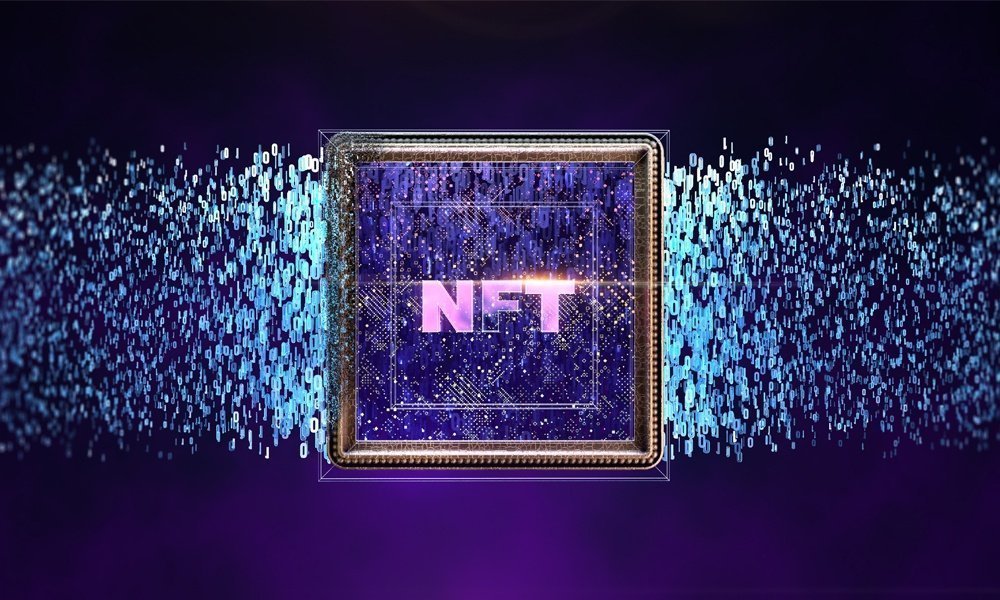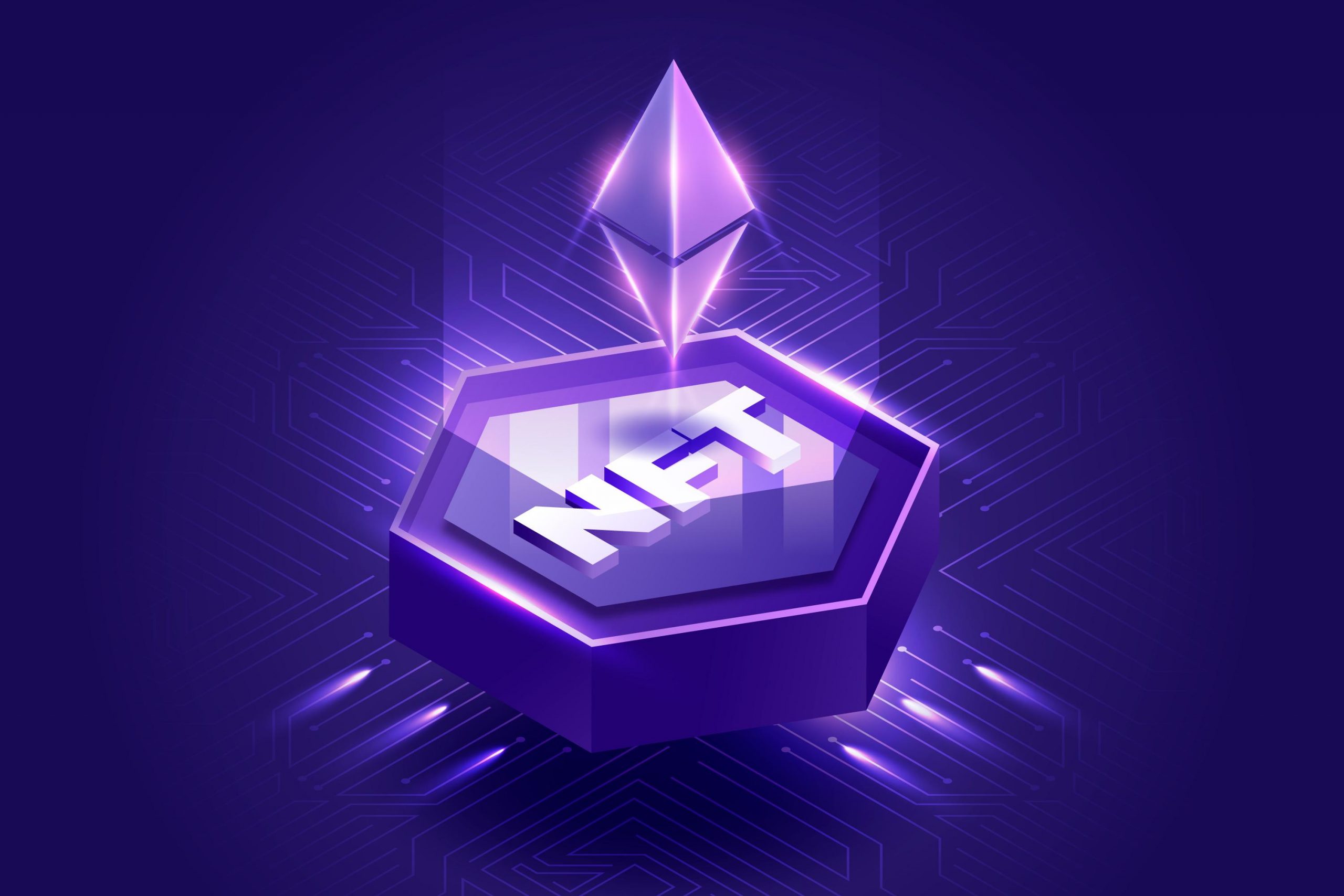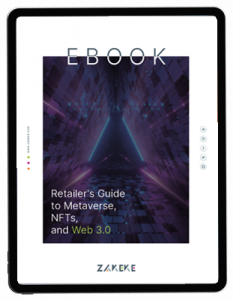The concept of Non-Fungible Tokens (NFTs) has taken the gaming industry by storm, promising a new era for in-game assets. As more gamers embrace this technology, the potential benefits are becoming increasingly evident.
In this article, we’ll explore the role of NFTs in the gaming industry. We’ll review their advantages and how the gaming industry can capitalize on this growing trend.
Understanding NFTs
Before we dive into the advantages of NFTs, let’s review a fundamental question: what are NFTs? NFTs, or Non-Fungible Tokens, are unique digital assets that are indivisible and cannot be exchanged on a one-to-one basis. They represent ownership and provenance of digital items, such as art, collectibles, and in-game items.
NFTs are based on blockchain technology. In simple terms, the blockchain provides a decentralized ledger for tracking ownership. Each NFT has a unique identifier that distinguishes it from other tokens. It is stored on the blockchain, ensuring the verification of its authenticity.
And what is the role of NFTs in today’s business and market? NFTs have gained significant traction in various industries, including art, sports, and entertainment. From NBA Top Shot to Sotheby’s digital art auctions, NFTs are now widely accepted as a secure and reliable way to store and transfer ownership of unique digital assets.

NFT and Gaming Industry
The gaming industry has evolved significantly in recent years. In 2021, the global gaming market analysis was valued at nearly $200 billion, and it’s projected to grow at a CAGR of 10.1% from 2021 to 2030. This growth potential can be attributed to advancements in technology and an increase in the number of players worldwide.
With this growth, however, comes an increasing number of criticisms and controversies. One of the most widely-discussed issues is the rise of pay-to-win and microtransactions models in modern gaming.
At first glance, these models might seem innocuous, or even beneficial to some players who enjoy the convenience and customization they offer. However, the reality is far more complex and problematic, as these practices have led to a myriad of concerns.
Notably, it is criticized for being an exploitative tactic that targets vulnerable players such as kids or those with addictive tendencies or impulse control issues. It also wastes the gamer’s time and money, as these in-game assets are worth nothing after being purchased. The solution? NFTs!
The NFT gaming market is still in its nascent stage, but it has already attracted significant investment and attention.
Advantages of NFTs over traditional in-game assets
What does NFT mean in gaming? NFTs offer several advantages over traditional in-game assets, including:
- True ownership
NFTs allow players to own and control their in-game assets fully. This is in sharp contrast to traditional in-game assets, which are often owned and controlled by the game publisher.
- Scarcity
NFTs can be programmed with scarcity, meaning that there is a fixed number of items available for sale. This helps create true value for the asset and prevents market saturation.
- Interoperability
NFTs can be used across different popular platforms and games. The transparency and security of the blockchain ensure that users can easily transfer and trade assets from one game to another.
- Tradable value
NFTs can be traded or sold in various marketplaces, providing players with a way to monetize their assets.
How NFTs are changing the Gaming Industry
As you would imagine, NFTs are already having a huge impact on the gaming industry. While major studios have yet to adopt the trend, NFTs have been used in various gaming applications, including:
- Virtual goods and collectibles: in games like Axie Infinity, players can collect, breed, and trade unique NFT-based characters;
- In-game items and skins: NFTs are used to represent rare and valuable in-game items, such as weapons, armor, and character skins;
- Virtual land and real estate: decentralized virtual worlds like The Sandbox made headlines in recent years. Players can own, develop, and monetize virtual land as NFTs.
Several eCommerce platforms and retailers have successfully integrated NFTs into their offerings. For example, Nike has patented its CryptoKicks. These NFT-based virtual sneakers can be used in various games and digital environments.
NFTs’ advantages for eCommerce and retailers
In addition to the gaming industry, eCommerce and retailers can also benefit from the hype train. Companies can tweak their business model, leveraging NFT gaming to attract new customers.
For instance, they can create and sell exclusive NFT in-game items or collaborate with game developers to offer branded virtual merchandise. They can also capitalize by:
- Developing NFT-based loyalty programs: reward customers with exclusive NFTs. These rewards can be used in games or traded in NFT marketplaces;
- Hosting virtual events: organize virtual events in virtual worlds to engage customers. NFTs can act as entry tickets to the virtual experience. Only NFT holders will be granted access;
- Creating branded virtual spaces: establish a presence in VR by building branded spaces. Customers can interact with the brand and purchase NFT merchandise;
- Supply chain logistics: besides customer-facing operations, another NFT use case in the gaming industry concerns the tracking of the movement of goods and materials through the supply chain. This will ensure that their products are genuine and authentic. Since the blockchain is immutable, it’s impossible to tamper with the records.
Opportunities, challenges and risks of NFT gaming
While NFT gaming offers significant opportunities, it also presents certain risks and challenges. E-commerce and retailers must be aware of these before diving into the NFT craze:
- Market volatility: the value of NFTs can be highly volatile, making it challenging to predict their long-term value and appeal. Even the transaction fees can vary wildly;
- Legal and regulatory uncertainties: the legal landscape surrounding virtual assets is still evolving. That could pose risks for businesses;
- Security concerns: blockchain-based assets, like NFTs, can be vulnerable to phishing scams and other security threats.
To navigate these challenges, companies should monitor market opportunities and developments. They can minimize risk by staying informed about the latest developments in the NFT gaming space to make informed decisions.
They can also partner with experts in blockchain technology, NFTs, and gaming to ensure best practices are followed. Finally, the implementation of robust security measures is vital. Investing in strong security measures can protect NFT assets and user data.
In conclusion, NFTs are poised to revolutionize the gaming industry. They also offer new opportunities for eCommerce platforms and retailers. By embracing this trend, businesses can attract customers, generate revenue, and stay ahead of the competition. However, it’s essential to be aware of the potential risks and challenges.














